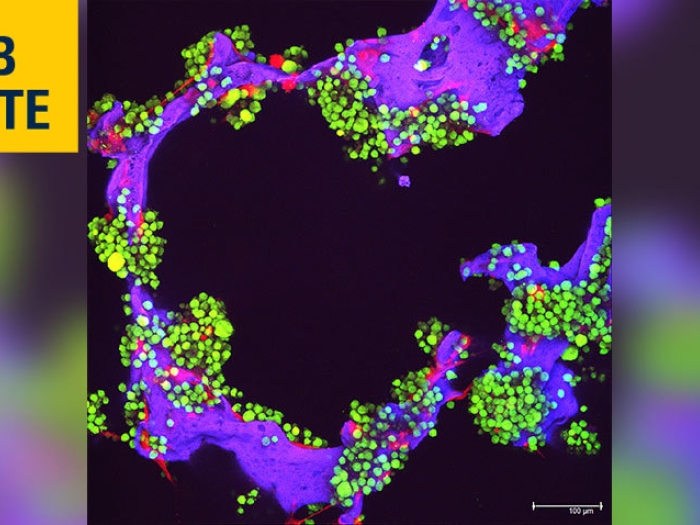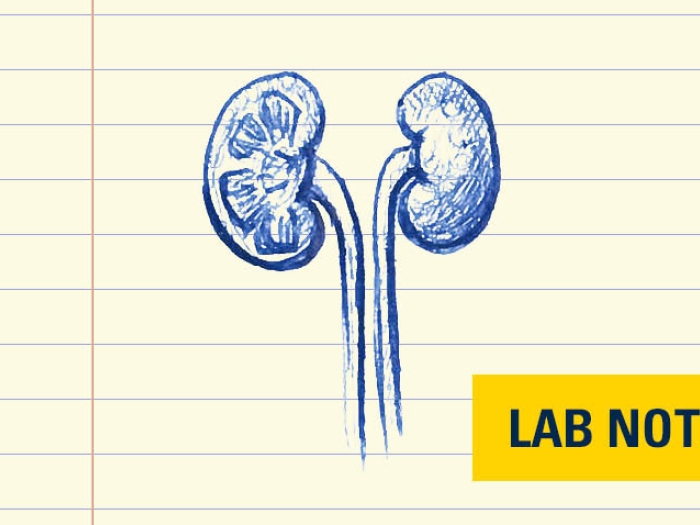Structural biology techniques helped researchers target the nuclear receptor-binding SET domain family, whose malfunction is associated with several types of cancer.
11:21 AM
Author |

A team of scientists from the University of Michigan Rogel Cancer Center has developed the first drug-like compounds to inhibit a key family of enzymes whose malfunction is associated with several types of cancer, including an aggressive form of childhood leukemia.
The enzymes — known as the nuclear receptor-binding SET domain (NSD) family of histone methyltransferases — have long been an attractive drug target, but efforts to attack them have previously proved elusive because the shape of the binding sites in these enzymes makes it difficult for drug-like molecules to bind to it.
The research team — led by Tomasz Cierpicki, Ph.D., and Jolanta Grembecka, Ph.D. — used a variety of techniques including X-ray crystallography and nuclear magnetic resonance to develop first-in-class inhibitors of a key protein known as NSD1, according to findings published in Nature Chemical Biology.
The team's lead compound — known as BT5 — showed promising activity in leukemia cells with the NUP98-NSD1 chromosomal translocation that is seen in a subset of pediatric leukemia patients.
"Our study, which was years in the making, demonstrates that targeting this key enzyme with small-molecule inhibitors is a feasible approach," says Cierpicki, an associate professor of biophysics and pathology at U-M. "These findings will facilitate the development of the next generation of potent and selective inhibitors of these enzymes, which are overexpressed, mutated or undergo translocations in several types of cancer."
Study cited: "Covalent inhibition of NSD1 histone methyltransferase," Nature Chemical Biology. DOI: 10.1038/s41589-020-0626-6

Explore a variety of healthcare news & stories by visiting the Health Lab home page for more articles.

Department of Communication at Michigan Medicine
Want top health & research news weekly? Sign up for Health Lab’s newsletters today!





